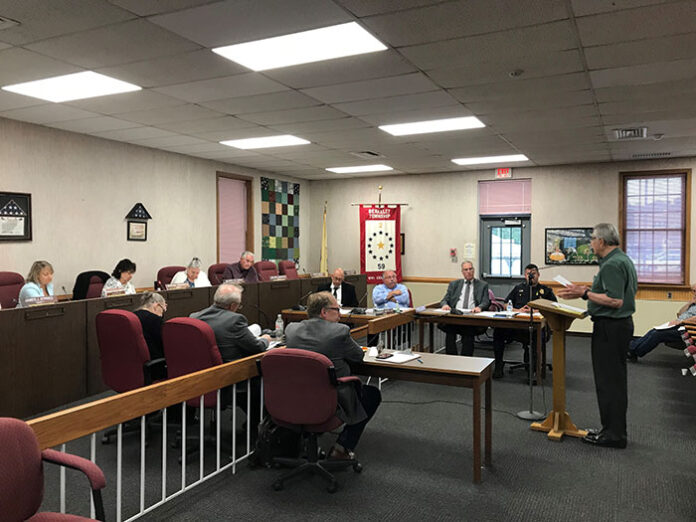
TRENTON – A bill introduced in the State Legislature would keep property taxes from going up for seniors and the disabled.
The bill, S-1451, is sponsored by Senators James Holzapfel (R-10th) and Anthony Bucco (R-25th) and co-sponsored by Senator Christopher Connors (R-9th). This applies to the Homestead Property Tax reimbursement program, commonly known as the “Senior Freeze” or the disabled citizens’ property freeze program.
It applies to anyone who is 65 or older, or who is disabled. They have to own a homestead or lease a site in a mobile home park. Their annual income needs to be lower than a certain amount.
As introduced, the bill would increase the income eligibility limits to $160,000 beginning in tax year 2021. The income limit for tax year 2020 was $92,969, so this is a significant increase.
You have to maintain your principal residence in New Jersey for at least 10 consecutive years. If you move, the freeze kicks in during the full second tax year after moving.
It’s getting expensive for everyone, especially seniors and the disabled, said Berkeley resident Sam Cammarato. Many are on fixed incomes.
“Food prices and medicine is going up, but you don’t have any more money,” he said.
Children are sometimes moving back in with their senior parents. If a senior has to take money from their IRA, for example, to help them get by, that might put them over the income eligibility limits, he added. If that happens, then they are out of the program for two years. Then, when they do get back in, they are paying more than they were when they were booted out. They can never get back to that lower tax amount.
The way the freeze works is that a senior, for example, pays $2,000 in taxes the first year they enter the program. If their taxes go up to $2,100 the next year, they still have to pay it, but the state reimburses them the $100 increase. Ten years down the road, the property taxes could be up to $2,500 but that senior is still paying $2,000 after the reimbursement.
However, if that senior takes money out of their IRA and it puts them over the income eligibility limits, then they lose all benefits of the program. When they get back into it, they will be paying $2,500 with no reimbursement until the taxes go up again.
This bill is in its early stages and was introduced on February 10 and referred to the Senate Community and Urban Affairs Committee.






